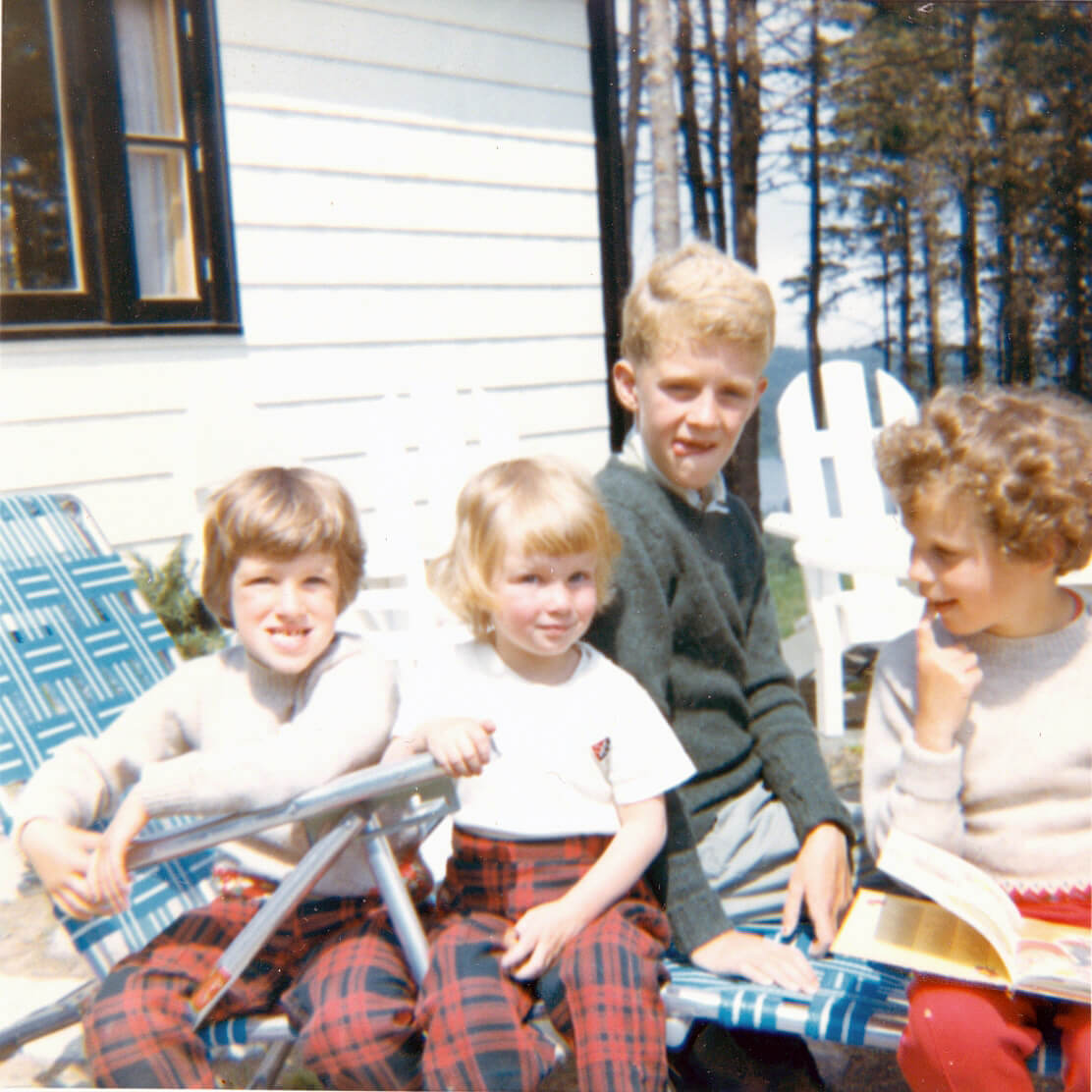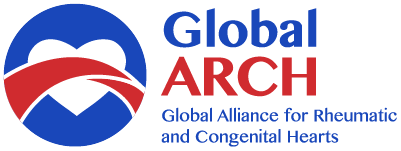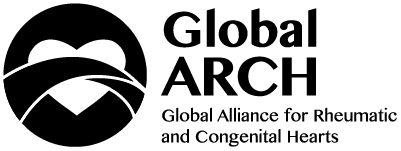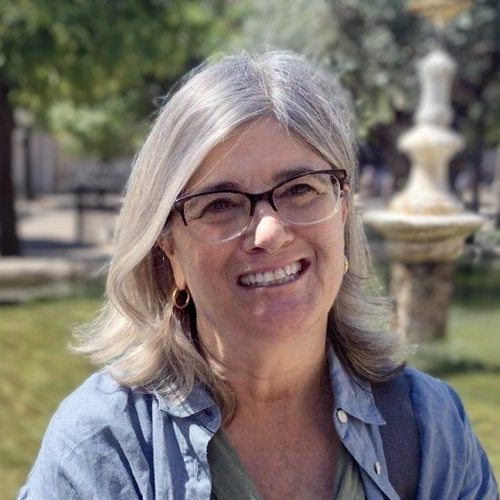
You’re never too old to need your mother: my CHD journey
This Congenital Heart Awareness Week (February 7-14) I’m “celebrating” from my bed in a downtown Toronto hospital. I’ve been here too many times in the past 11 months, since just before we had the first COVID-19 lockdown. My heart defect, called tetralogy of Fallot, started causing my heart to beat so fast that it feels like I have a small panicked bird, like a finch, trapped in my chest. It doesn’t hurt, but it makes life difficult and exhausting, and it’s dangerous if left untreated. When my heart goes back into rhythm, either on its own, or by being shocked, or with medication, everything is suddenly quiet and still. I have to touch my arm or something around me to check that I’m still here. It’s probably caused by scar tissue from the open heart surgeries I’ve had in the past. The thing that makes this hospital stay the most challenging has nothing to do with COVID, or the fact that everyone is masked and no visitors are allowed. It’s because my mom – my biggest fan and supporter – died 3 days ago, mostly from old age. She’s been with me in my congenital heart disease journey for all of my 58 years, even though I asked her to stop going to appointments with me when I was about 15. In those early years and then later when I had surgery again, she’d be there with me in the intensive care, and in about 1,000 waiting rooms along the way, never complaining or acting bored or impatient – even though I’m sure she was. She always encouraged me to speak up for myself even though I was shy and didn’t want to. After appointments and procedures at Sick Kids Hospital or at my paediatrician we’d get grilled cheese sandwiches, Honeydew, or ice cream sandwiches from the hospital vending machines. She didn’t call me a “warrior” or make a fuss. She was quiet and constant in her support, and to me our outings were always like an adventure. She made it that way even though she had 3 other children to get home to. I don’t know how she did it.
Years ago when she was moving house we found her old diaries, where she kept a record of what was going on in her life. I found the one from 1961 and traced back to September when she would have first been pregnant with me. Most of the entries were ordinary – pick up John from band practice, hair appointment – things like that. But on one page it said “Had shrimp cocktail”. “Why did you write that down?” I asked. She said that she’d developed giant hives after eating the shrimp, and her doctor prescribed prednisone. That may or may not have anything to do with my heart defect – we’ll never know.
The day before she died we were talking on the phone, me from my hospital bed and her from her reclining chair in her home in the U.S. I hadn’t seen her for a year and a half, a combination of my health problems and Covid. She said “I’m so sorry that you’re having so many problems with your heart”, and I said “Well mom if you hadn’t had that shrimp cocktail!”, and I laughed, because it didn’t matter, and in most cases there’s no reason why some of us suffer more than others in millions of different ways. That most of us have our body parts the right way around is a miracle in itself. And she started laughing in that way she did when she thought something was so funny, wiping laugh tears away with her side of her hands. The kind of laughing we loved to hear, because she was girlish and her laugh infectious. And then she said she had to go to the bathroom from all the laughing and so we said goodbye, I’ll call you tomorrow. And that’s the last thing we said.
It’s made me think about how kids with heart defects, if they have access to decent care, will for the most part grow up to be congenital heart disease adults. They’ll need to be strong and resilient, and to learn to advocate for themselves. Of course not all kids or adults will able to; some will need special care because of their health problems. In some parts of the world, like in Canada where I live, there are now more congenital heart disease adults than children, and many of us will have to, at some point, live without our mothers and fathers. We will have to be strong on our own because congenital heart disease is tough – it isn’t necessarily a life sentence, but it is a life journey. And while most of us don’t see ourselves as warriors, or want to be called that, we are whether we like it or not.
We’d love to hear from you. If you have something you’d like to share about your life or work with CHD/RHD please email info@global-arch.org (1000 words maximum please).




